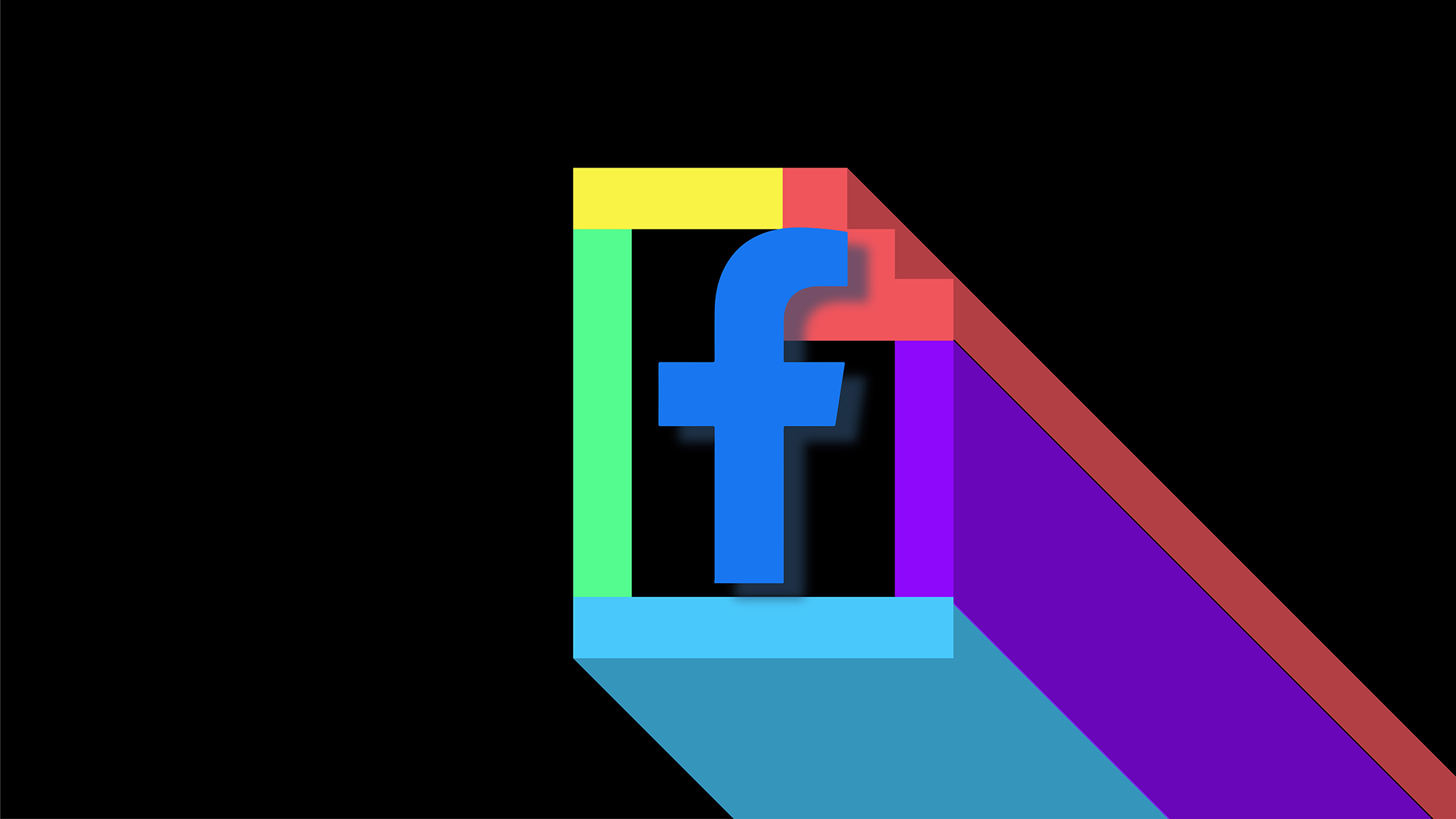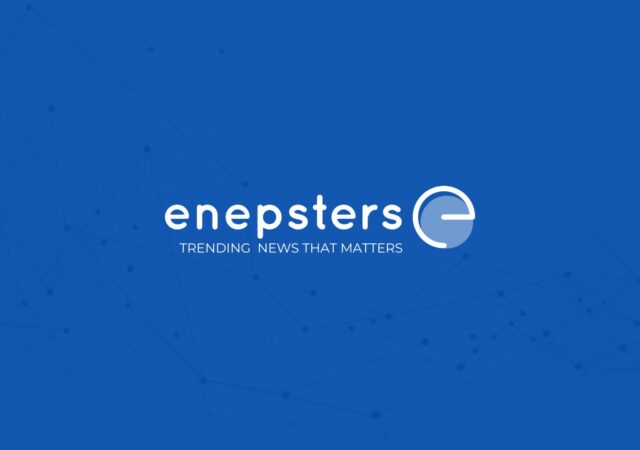Last Friday, Facebook revealed its acquisition over GIPHY, a web-based GIF search engine. Axios reports the deal to be worth around $400 million while Facebook keeps it a secret. Hence, Facebook will now keep its eye on all other GIPHY integrations, i.e. it will have an insight on how people use the service. The company is keeping GIPHY under Instagram.
Vishal Shah, the Vice President of products at Instagram said, “People will still be able to upload GIFs; developers and API partners will continue to have the same access to GIPHY’s APIs, and GIPHY’s creative community will still be able to create great content.” He also added, “By bringing Instagram and GIPHY together, we can make it easier for people to find the perfect GIFs and stickers in Stories and Direct.”
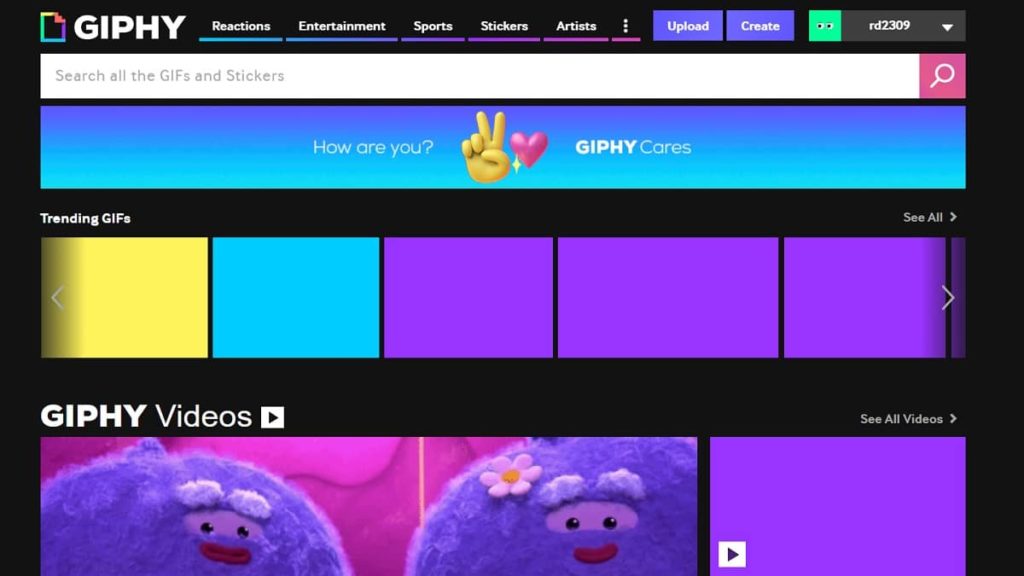
Given that both Facebook and GIPHY intend to reach out to a maximum possible number of people while lacking concrete logic and principles, Facebook buying GIPHY makes an absolute sense. There used to be a time when GIFs were the only crucial piece of art. Suddenly, GIPHY stepped in and indexed them all from the internet. And the same GIFs started popping up time and time again. Also, Facebook did its very best to ridicule the internet culture.
In the early 2010s, animated GIFs spread out on the internet as a gifted file format. They were both dynamic and lightweight hence soon saw its popularity in Tumblr. The obsessive fans would clip out their favorite TV characters, moments, and facial expressions thereby gathering the mood boards. It didn’t take long since GIFs got established as cultural currency. Users would come up with folders comprising GIFs. Soon “GIF game” became a title. Specialized GIF makers with Photoshop skills would export individual video frames and layer them to produce GIFs. Then came GIPHY.
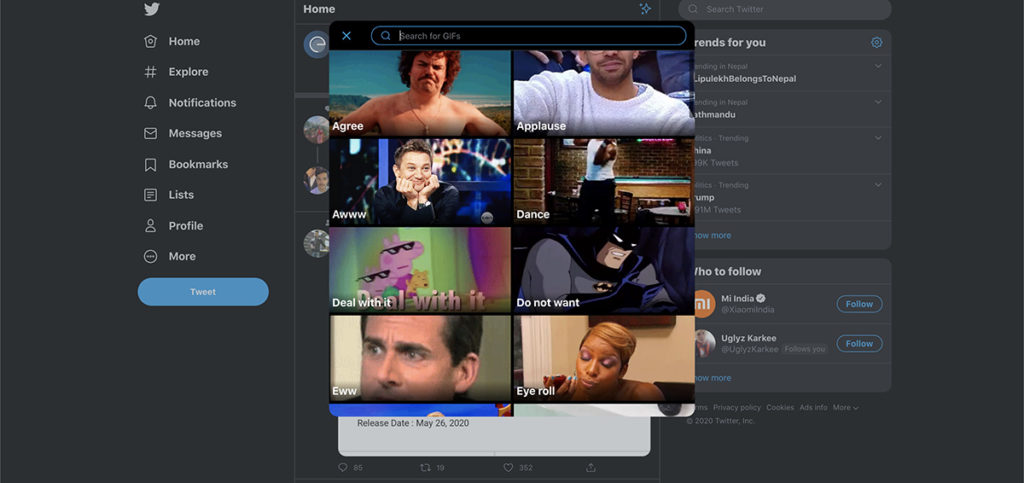
GIPHY started by scraping GIFs that were found on the internet. Then, it would tag, index, and rank them algorithmically. Soon, everyone got to play with the GIFs. In 2014, Twitter integrated them on their platform. It would re-encode the GIFs as video files to save the bandwidth. Facebook, in the following year, also came up with support for the service in its platform. And Apple too introduced its iOS 10 in 2016 incorporating GIPHY search tools into messaging.
GIPHY search gradually created a monopoly in the GIF culture, both in terms of design as well as intent. Heard it before? Remember Google. You don’t exist if you don’t appear in the top three in search. The same principle would apply to GIPHY. Therefore, the reaction GIFs were flat and conforming.
Now, GIPHY has integrated with Instagram. If you search GIFs on Instagram, you are much likely to receive results that are based on a prior agreement. GIPHY inclining towards a bigger player like Facebook could be a result of an increasing dependency of people on the platform. So, what else can you expect? Things start getting boring much quicker.
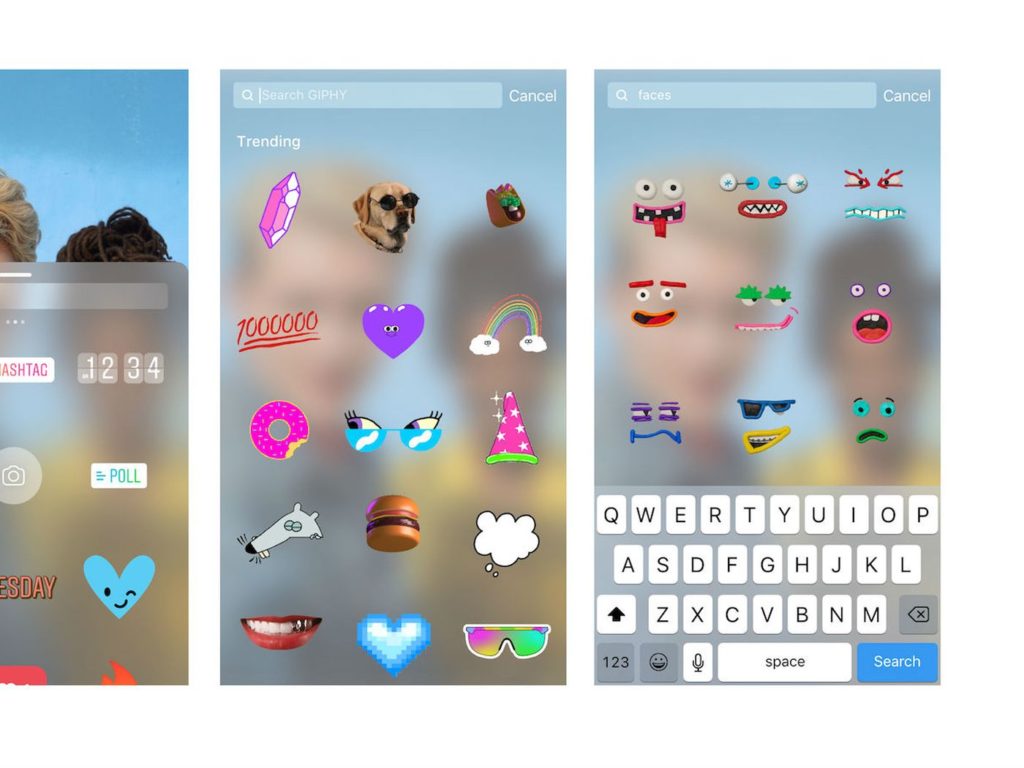
On the flip side, Facebook is built around the news feed. The headlines follow the same pattern. Similarly, Facebook prioritizes videos and live streams in the feed. It has merged the internet, from message boards to blogs and websites giving a dull and toiled down internet experience. Now you might relate. GIPHY did pretty much the same, toiling down the GIF culture.
Facebook acquiring GIPHY sounds like a match made in heaven. They show a similar attitude that revolves around surge, rise in a long hard look, and ultimate oneness.
The social media giant seems clueless about the users of its competing brands but continues to serve. Now, it buys a company that has been serving a number of its competitors.
It’s difficult to predict how two of the companies that are blamed to create a stale internet experience will work together. But the discussion doesn’t end here. Now, Facebook has access to around 700 million GIPHY users’ data and it could be scary for some people.
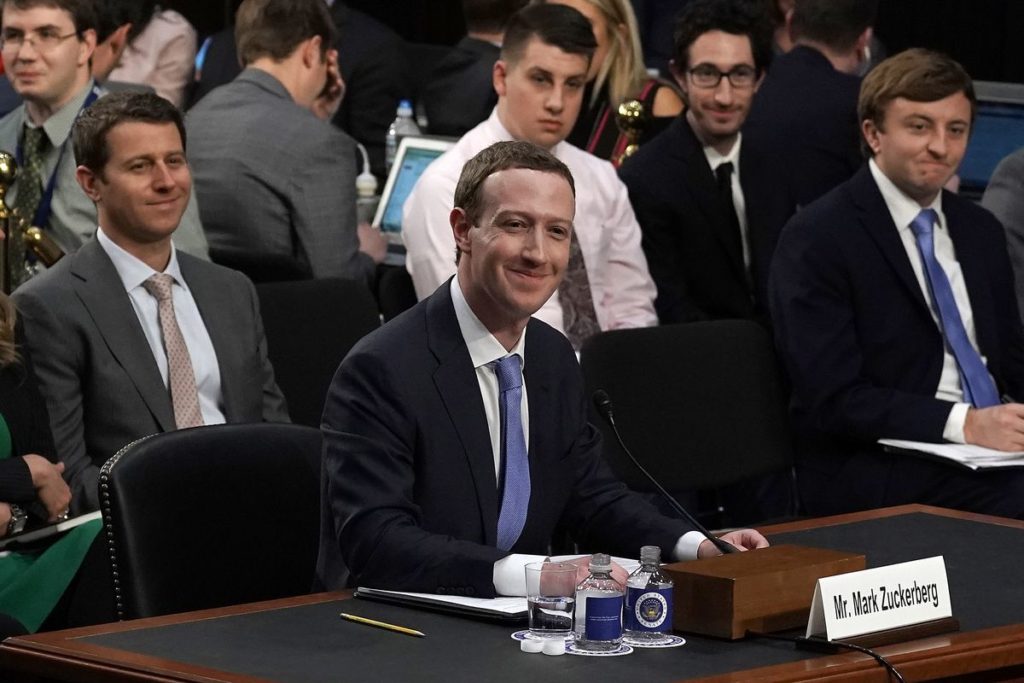
Facebook, in the past, has gone through many scandals. It even got called into Congress to discuss its privacy policy and what it does with the data.
Contrarily, as soon as people came across the news of Facebook acquiring GIPHY, some GIPHY users deleted their apps. Well, we don’t know what Facebook is thinking. However, the acquisition could pose further issues. A Medium post by One Zero states, “The acquisition will likely also benefit all of Facebook’s products – from Messenger to WhatsApp – by, among other things, giving Facebook access to vast data about how GIFs are used across thousands of apps.”
*Everyone heading on to Giphy to delete their account*
— Ishan Agarwal (@ishanagarwal24) May 15, 2020
The cybersecurity specialist at ESET, Jake Moore also believes that the acquisition will provide Facebook with immense data stating, “Facebook has habitually wanted the upper hand over its rivals and now it has impressive access to even more rich data. This will also have even better insight into the behavior on how people use GIFs.”
Sarah Frier, a reporter at Bloomberg tweets, “Facebook tells me they would know what GIFs are being used on what apps at what frequency (bulk anonymous data, not personally identifiable).”
Yes, Facebook tells me they would know what gifs are being used on what apps at what frequency (bulk anonymous data, not personally identifiable)
— Sarah Frier (@sarahfrier) May 15, 2020
A short picture of the upcoming big story on what Facebook can do is summarized using the following points:
Track users’ behavior
GIPHY serves to platforms including Twitter, Slack, Snapchat, Tiktok, etc. Every time you tap the “GIF” button, you get connected to the GIPHY server. It all falls to what Facebook does and what it can do. Now, Facebook owns the GIPHY server. It can very easily track your behavior as you go around and play with the GIFs.
But Facebook is not just to blame. Big players like Google have got themselves into Congress owing to several data scandals and privacy issues. Twitter itself has a huge user base. Similarly, working people love communication over the Slack network. So, be ready to handover your behavior to Facebook.
Track competitors
Now, Facebook can track competitors that are tied with GIPHY. GIPHY, during the acquisition, announced to continue serving its partners. And this is actually good for Facebook. It’ll be able to track the most popular of these competitors, hence decide its plans accordingly. Who knows, it could come up with a decision to buy yet another emerging social media player. Well, it did quickly went on to buy both Instagram and WhatsApp.
Push targeted ads
Facebook can push over targeted advertisements to its competitors’ platform provided that now it owns one of their service providers. It doesn’t sound really well. However, Facebook didn’t just buy the platform for the fun. It will definitely use it to the fullest to extract the best possible result. And what else it could be more than money.
Facebook was once close to everyone’s heart but took no time whatsoever to collect all the hate. Despite all the troubles it has got into, it has always managed to remain in the talks. Few social media platforms did emerge but couldn’t escape its greed. Be it the critics or the normal people, they always find a way to somehow hate Facebook.
GIPHY is a no exception, it did allow everyone to play with GIFs but snatched the joy of what an animated GIF used to be.
Anyway, the acquisition could actually turn out to be fun for users on Facebook and Instagram who just wants to have a good time. Let’s hope, Facebook learned from its past mistakes and won’t cause anything vulnerable mainly for its user base as well as competitions.


